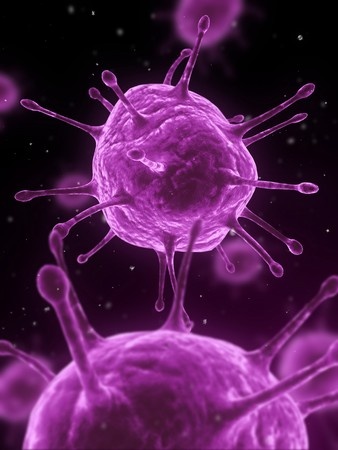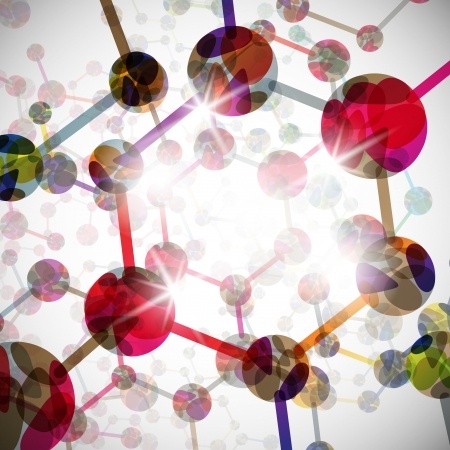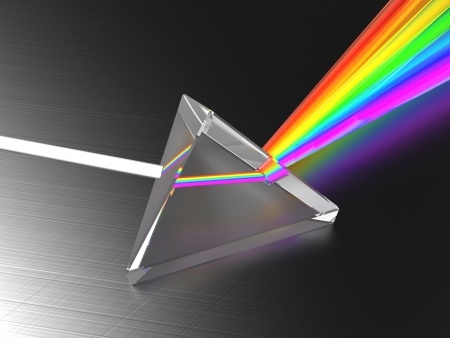This regular feature of STAOblog brings you a sampling of the latest science news that would be of particular interest to your students. Incorporate these stories into your lesson. Or, use them as a “cool attention-grabber” at the start of class. Above all, enjoy the discussion and get your kids excited about science! “SciNews” is published every Monday and Thursday.
Share your favourite SciNews “gems” by emailing them to staoblog@stao.org.
How do you use scinews in your class? Share your tips using the comment button.
 Biology
Biology
How ‘bugs’ in our bellies impact our health. Science News for Students.
Vast hordes of bacteria live in our intestines. Some promote disease. Certain others can help people digest food or fight off infection. But scientists have yet to learn what impacts most of these bacteria may be having on us. And with our bodies housing 10 times as many bacterial cells as human ones, there is much to learn. Two new studies — one about heart attacks and the other about weight gain — are helping to fill those gaps in our knowledge. Read more…
Blows to head damage brain’s ‘garbage truck,’ accelerate dementia. Science Daily
Traumatic brain injury can disrupt the function of the brain’s waste removal system, research confirms. When this occurs, toxic proteins may accumulate in the brain, setting the stage for the onset of neurodegenerative diseases such as Alzheimer’s and chronic traumatic encephalopathy. Read more…
 Chemistry
Chemistry
Origins of Human Alcohol Consumption Revealed. Scientific American
Human ancestors may have begun evolving the knack for consuming alcohol about 10 million years ago, long before modern humans began brewing booze, researchers say.
The ability to break down alcohol likely helped human ancestors make the most out of rotting, fermented fruit that fell onto the forest floor, the researchers said. Therefore, knowing when this ability developed could help researchers figure out when these human ancestors began moving to life on the ground, as opposed to mostly in trees, as earlier human ancestors had lived. Read more…
A new look at the finer details of rust show an assumed atomic structure has been wrong all along. Science Daly
Scientists have been studying the behavior of iron oxide surfaces. The atomic structure of iron oxide, which had been assumed to be well-established, turned out to be wrong. The behavior of iron oxide is governed by missing iron atoms in the atomic layer directly below the surface. This is a big surprise with potential applications in chemical catalysis, electronics or medicine. Read more…
 Physics
Physics
Electric eels deliver taser-like shocks. Science Daily
The electric eel — the scaleless Amazonian fish that can deliver an electrical jolt strong enough to knock down a full-grown horse — possesses an electroshock system uncannily similar to a Taser. That is the conclusion of a nine-month study of the way in which the electric eel uses high-voltage electrical discharges to locate and incapacitate its prey. Read more…
Bat signals jammed. Science News for Students
“Hey, batter, batter, batter… swing!”
A little chatter in baseball can distract a player batting for the opposing team. Now, researchers report that some bats — the flying mammals, that is — also run interference when engaged in their own game of hit or miss. Mexican free-tailed bats (Tadarida brasiliensis) can sabotage the calls made by others of their species. This hurts the chance those other bats will capture the moths they had been after, say Aaron Corcoran and William Conner. Both biologists work at Wake Forest University in Winston-Salem, N.C. Read more…
 Earth and Space Science
Earth and Space Science
Into the great unknown of space tourism and aerospace medicine. Globe and Mail.
Space tourists may soon be plunking down six figures and buying passage to a low-Earth orbit – but they should know there are likely to be health risks, experts say. Both coming and going, space flight can threaten tourists’ health, with potential dangers from higher gravitational forces during acceleration, and space motion sickness that strikes some people in low and zero gravity. Read more…
Launch of Deep-Space Capsule for Astronauts Is Delayed by Rocket Glitch. Space.com
The launch debut of NASA’s first deep-space capsule in more than 40 years will have to wait at least another day after a series of delays thwarted repeated liftoff attempts on Thursday (Dec. 4).
The Orion spacecraft, NASA’s first space capsule since the Apollo era, was poised to launch from a pad here at the Cape Canaveral Air Force Station to test its heat shield, parachutes and other vital spaceship functions. But the unmanned test flight was unable to blast off during a 2-hour, 39-minute window due to a series of issues and glitches. Read more…




